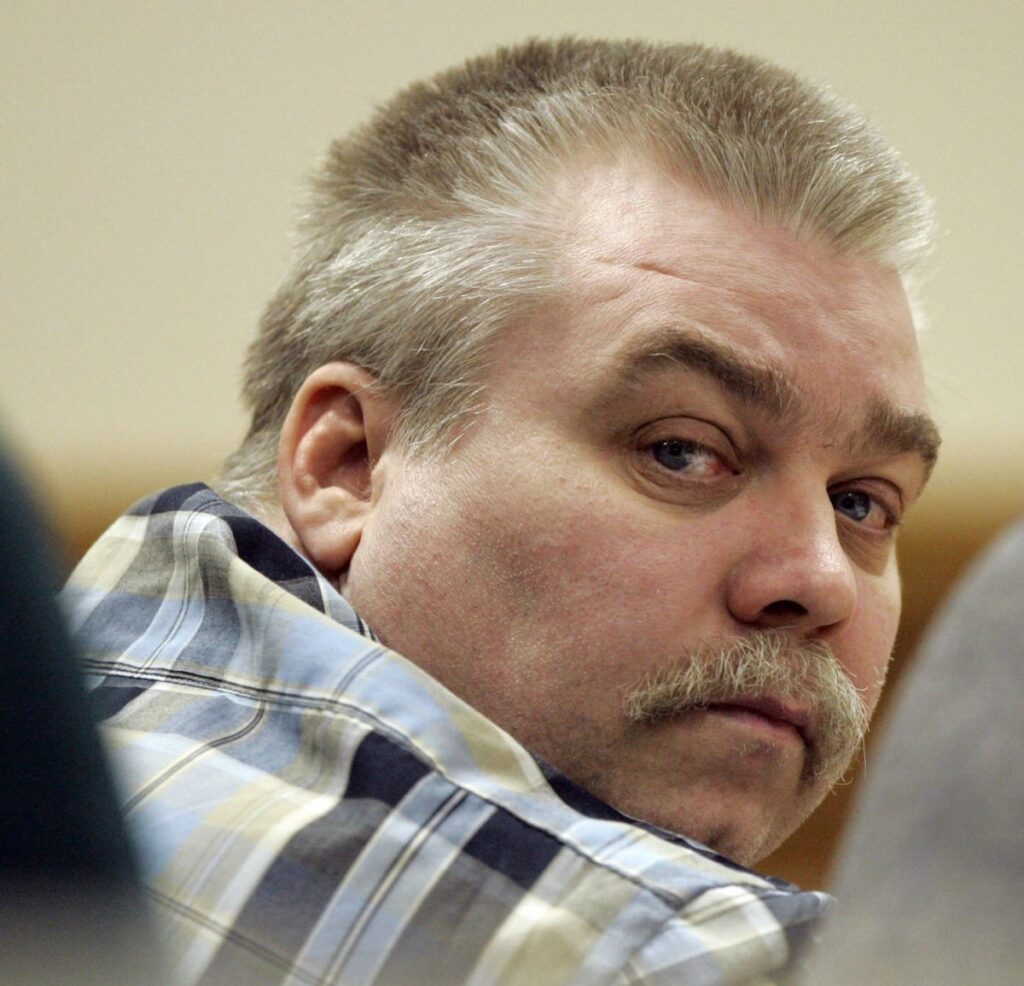Keith A. Findley is co-director of the Wisconsin Innocence Project at the University of Wisconsin Law School.
Guilty or innocent?
Viewers addicted to the Netflix documentary series “Making a Murderer” are fiercely debating the case of Steven Avery and his nephew, Brendan Dassey. In separate trials, the two were convicted of the 2005 rape and murder of 25-year-old Teresa Halbach. These were no ordinary murder convictions — they came just a few years after Avery was exonerated by DNA evidence, with the assistance of the Wisconsin Innocence Project (I served as his attorney at that time), after doing 18 years for a sexual assault and attempted murder that he did not commit.
The film centers on concerns that both men might have been wrongly convicted in this go-round. One cannot know at this point whether Avery and Dassey are indeed innocent victims of police misconduct and prosecutorial overreaching. No documentary could address all the nuances of the evidence needed to make those judgments in this case.
But “Making a Murderer” is about more than Avery and Dassey’s guilt or innocence, because the injustices the series suggest are hardly unique. The enduring takeaway ought to be the recognition that the criminal justice system, as a human system, is inevitably flawed. It does sometimes send innocent people to prison. And while most police, prosecutors, defense lawyers and judges are good, honest people who do their best to achieve justice, they do sometimes fail and even, on occasion, cross the line into misconduct in their zeal to secure what they perceive to be a just outcome.
Read more – click here: Washington Post
